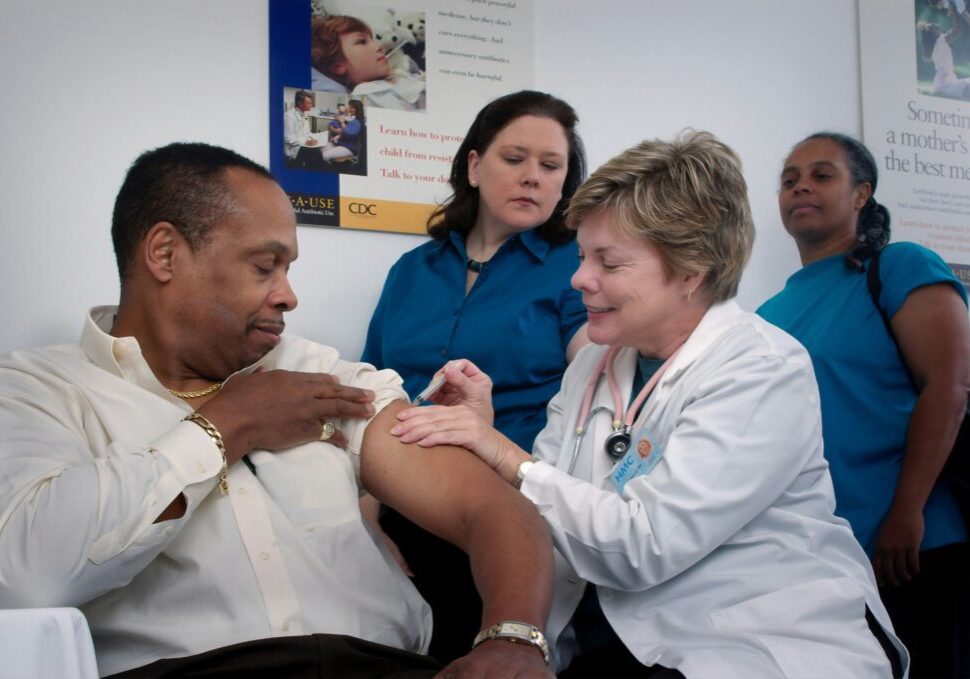During the pandemic, changes to Medicaid rules protected people enrolled in Medicaid from losing their coverage, ensuring stable access to health care for people with low incomes. When the federal Public Health Emergency ends, there are several steps that Louisiana can take to keep eligible people enrolled in Medicaid, and to avoid the unnecessary coverage losses that can come from cumbersome paperwork processes, according to a new brief from the Louisiana Budget Project.
When Congress approved the Families First Coronavirus Relief Act during the early days of the pandemic, it temporarily increased the federal share of states’ Medicaid costs, which helped to stabilize state budgets and to offset the costs to states of responding to Covid-19. In return for the higher match, Congress required states to keep people enrolled in Medicaid throughout the duration of the federal PHE.
Medicaid was a critical part of Louisiana’s health infrastructure before Covid-19: One in 3 Louisianans received coverage through the program before the pandemic began. But coverage grew even further during the pandemic, now covering 40% of all people in Louisiana as of September 2021—a total of 1.9 million people.
“We don’t know when the public health emergency will end. But when it does, the enhanced federal funding will end and Louisiana will once again start administering renewals and re-assessing eligibility for the 40% of our state’s residents who are enrolled in Medicaid,” LBP Medicaid Policy Advocate Courtney Foster said. “It’s imperative that Louisiana plan now to ensure that eligible Medicaid recipients don’t lose their coverage for paperwork reasons when that process resumes.”
New federal guidance gives states more time to check eligibility for all enrollees using more current data. While the extension gives states a critical window to make important changes to their eligibility procedures, the state Department of Health must take proactive steps to reduce harm to potential Medicaid recipients.
“Most of these steps, such as conducting fresh renewals for all enrollees, are meant to address post-pandemic barriers to enrollment. But some, such as writing renewal notes in plain language that enrollees can understand, solve problems that existed before Covid-19,” Foster said. “We have a small window to prevent a lot of harm, but that window won’t stay open forever.”

